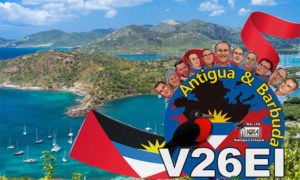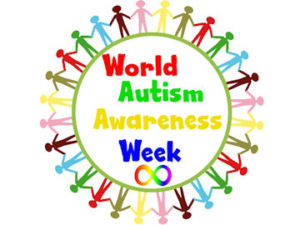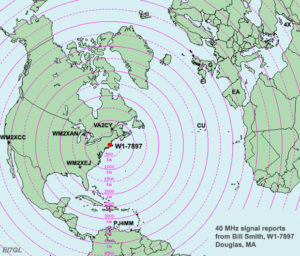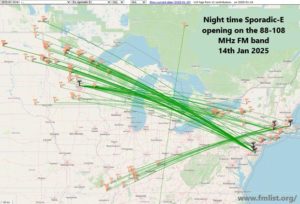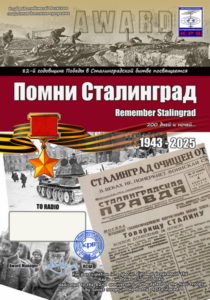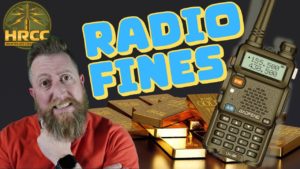FCC Grants ARRL Rules Waiver Request for Fire Emergencies, Hurricanes
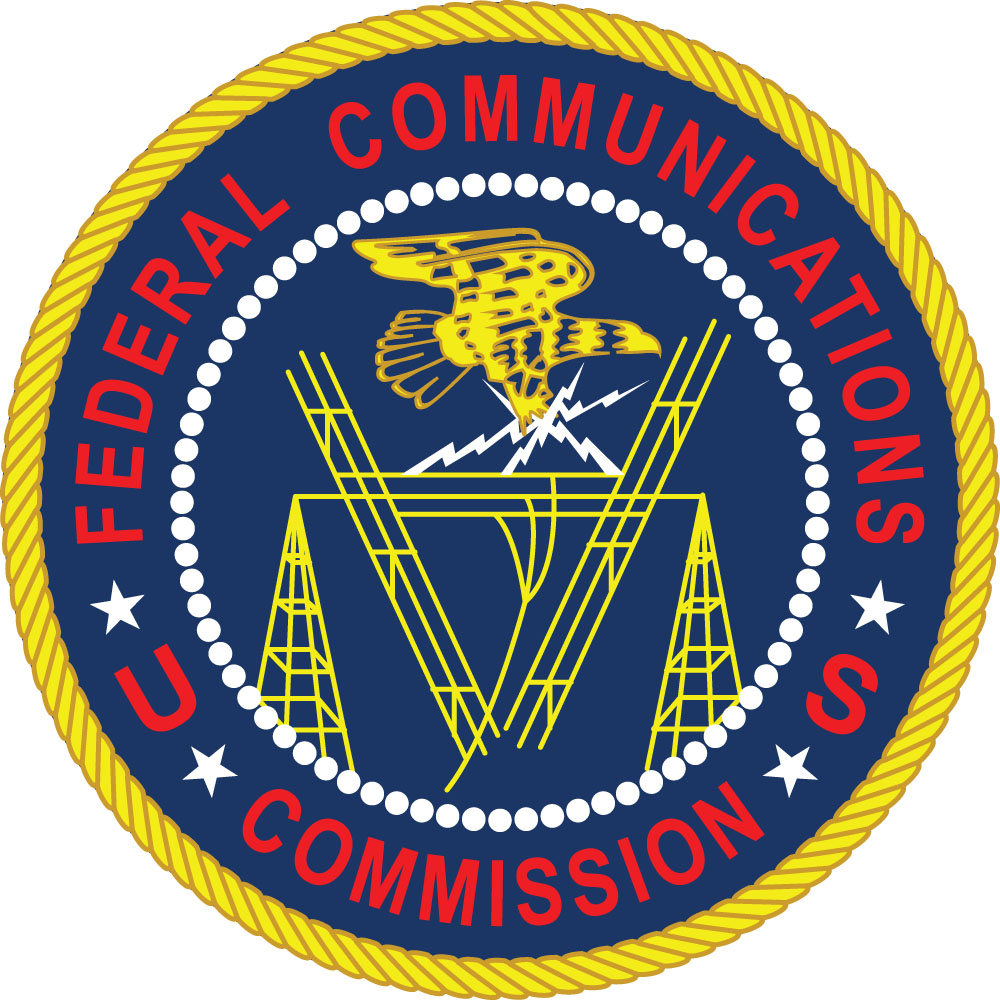
The FCC has granted ARRL’s request for a temporary waiver to permit amateur data transmissions at a higher symbol rate than currently permitted by section 97.307(f) of the FCC Amateur Service rules. The FCC acted to facilitate hurricane and wildfire relief communications within the US and its territories.
Section 97.307(f) limits the symbol rate — the rate at which the carrier waveform amplitude, frequency, and/or phase is varied to transmit information — for HF amateur radioteletype (RTTY)/data transmissions to 300 bauds for frequencies below 28 MHz (except for 60 meters), and 1,200 bauds in the 10-meter (28 – 29.7 MHz) band. The digital signal must use one of the codes specified in section 97.309(a) of the rules, but an amateur station transmitting an RTTY or data emission using one of the specified digital codes may use any technique whose technical characteristics have been publicly documented.
In 2016, in response to an ARRL petition for rulemaking, the Commission proposed to remove the symbol rate limitations, which it tentatively concluded had become unnecessary due to advances in modulation techniques and no longer served a useful purpose. However, the FCC did not include the ARRL proposal to limit signal bandwidth to that which the Commission had said it intended when it originally adopted the 300-baud limit. The proceeding is currently pending.
ARRL sought the waiver for amateur radio licensees directly involved with hurricane and wildfire relief via HF using PACTOR 4 modems for communication within the US and its territories, relative to several impending hurricane situations and wildfires in the western US. ARRL’s petition noted that Section 97.307(f) of the amateur rules prevents the use of PACTOR 4, a data protocol that permits relatively high-speed data transmission. ARRL noted that past FCC temporary waivers have allowed this protocol during similar events. ARRL also stated that trained amateur radio operators with communications equipment are actively preparing to assist radio amateurs involved with the Amateur Radio Emergency Service (ARES) working with federal, state, and local emergency management officials to assist with disaster relief communications.
“We conclude that ARRL’s request should be granted,” the FCC said. “ARRL stands ready to assist the area potentially impacted by the impending hurricanes and ongoing wildfires to conducting disaster relief communications. ARRL asserts that the higher data rates offered by PACTOR 3 and PACTOR 4 emissions are critical to sending relief communications. We conclude that granting the requested waiver is in the public interest.” The waiver is limited to 60 days and applies only to stations in the continental US and Puerto Rico using PACTOR 3 and PACTOR 4 emissions and who are directly involved with HF hurricane and wildfire relief communications.
If you have found a spelling error, please, notify us by selecting that text and pressing Ctrl+Enter.
